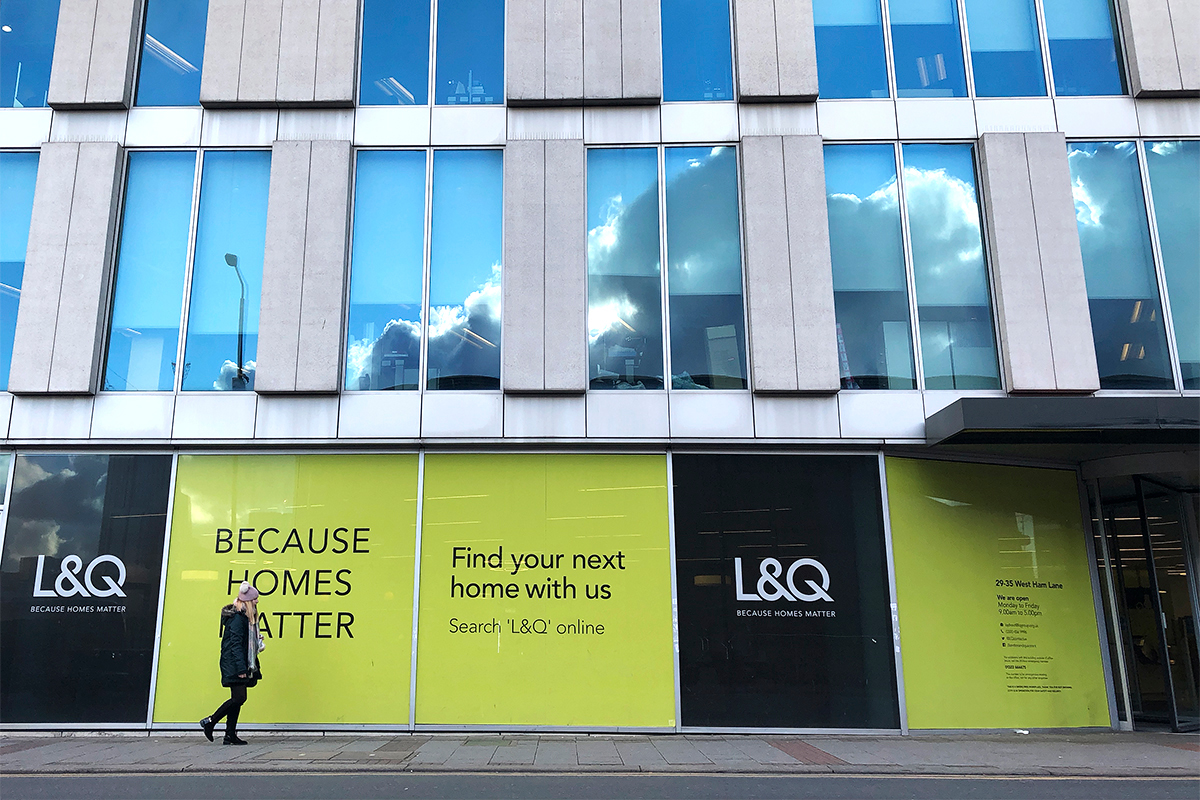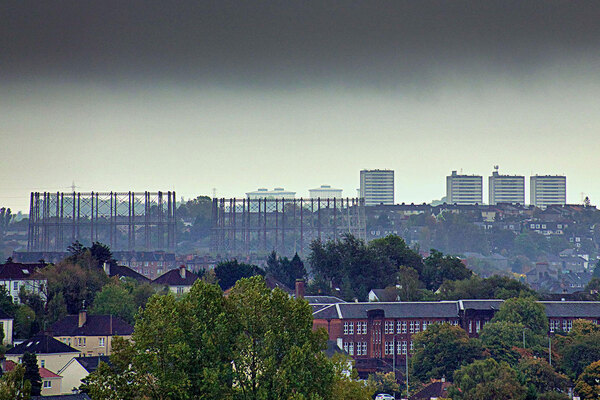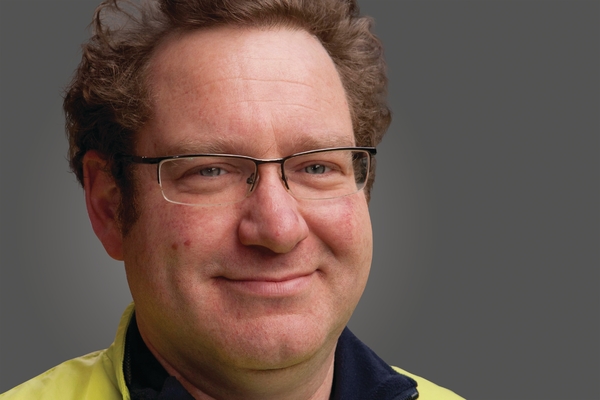L&Q rejected more than 200 homes from contractors due to quality concerns
London’s largest housing association refused to take more than 200 units of housing from contractors this year due to concerns about quality.
L&Q refused to take handover on the units built by private contractors on a ‘design-and-build’ basis because it did not think they were up to its standards, the association’s development director revealed this week.
It comes after the 102,000-home giant revealed it expects its surplus to shrink to £190m from £348m this year amid a “market downturn” and rising cost pressures.
In an interview with Inside Housing, Fiona Fletcher-Smith said the downturn in receipts from sales had been exacerbated because of the organisation insisting contractors make improvements before handing over the homes to buyers.
“We have deliberately not taken handover on probably around 200 units this year because we were not happy with the quality,” she said.
“The quality of new build has a dreadful reputation and I just want to make sure that L&Q is stepping out of that space.
“I can’t name the various contractors involved because there is imminent litigation on some of them. In a very small number of cases, we have held up people’s sales. But the customers are very happy because none of us want to live in accommodation that is not of good quality, and we don’t want another Portway situation on our hands.”
L&Q was thrown into the media spotlight last year when complaints about the quality of Portway House, a development in south London, hit the national media.
The organisation carried out a review which identified “weaknesses” in its processes prompting David Montague, the chief executive, to apologise.
Ms Fletcher-Smith also revealed “a considerable amount” of the rising cost pressure related to fire safety work post Grenfell. L&Q owns 200 tower blocks – the most in the sector.
“It’s a whole range of things: making sure that all the fire stopping that’s needed is in place, fire doors, where we have alarm systems that they’re fully revamped, looking at sprinkler systems where we need them,” she said. “The cladding is almost the easiest bit, the rest is a multitude of smaller jobs that when you’ve got 100,000 homes really starts to add up.”
The organisation has also upped maintenance budgets – including a new void standard which means homes it relets are furnished in the same way as new builds.
She said that the “downturn” L&Q referred to is a widely reported drop-off in the number of people buying homes as Brexit approaches – particularly in London and the South East.
The organisation intends to continue working towards its target of building 100,000 homes but will be more “discerning” on schemes, said Ms Fletcher-Smith.
“We are very determinedly not turning the tap off because organisations like us can be counter-cyclical,” she said. “Where in the past when you’re in a rising market you will say yes to every opportunity, what we’re signalling now is that we’re going to be far more discerning about what we do.”
She said this was not just about profit margins but also social purpose, with L&Q willing to accept lower margins if the scheme was delivering on its social purpose aims.













